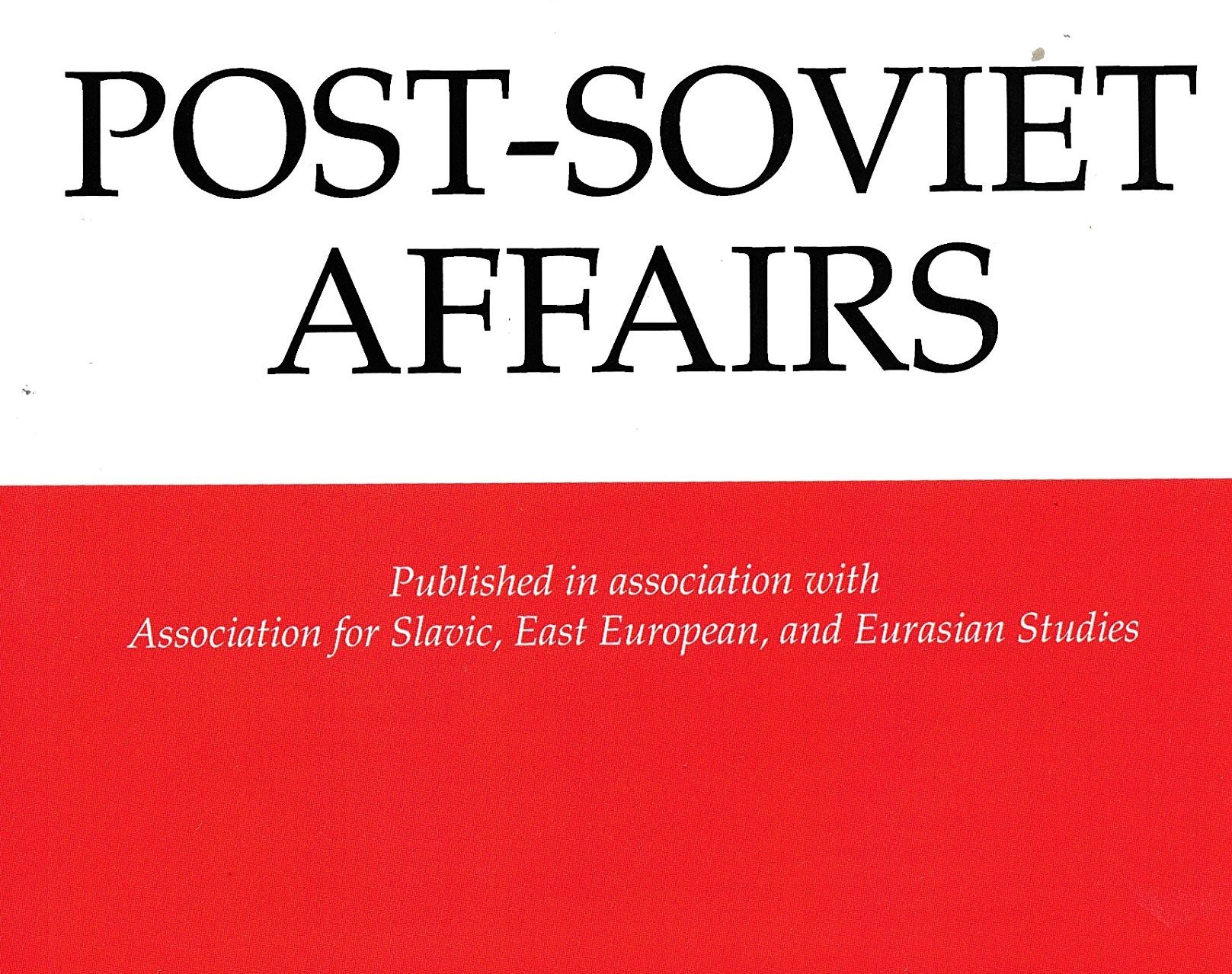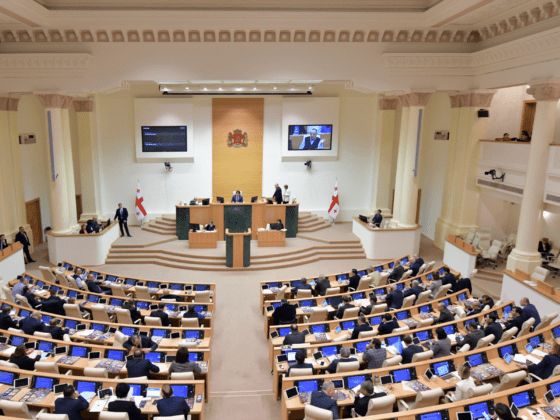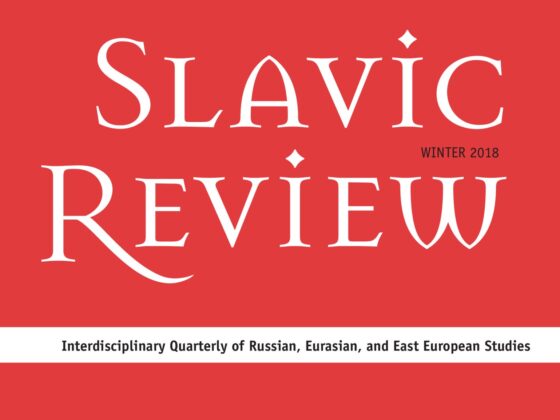(Post-Soviet Affairs) Abstract: This article argues that the sources of official and societal ambivalence towards civic nationhood in today’s Russia are found in the institutional instability and personalist dynamics of hybrid regime politics in the 1990s. Successful civic nation-building should institutionalize inclusive criteria for citizenship as a basis for policymaking, which in turn should create incentives for dominant ethnicities to embrace civic nationhood. While the shifting views of Boris Yel’tsin on nationalities policy and the constant turmoil in the government’s nationalities ministry have received little scholarly attention, they illuminate the endogenous sources of regime instability in relation to civic nation-building. Russia’s experience thus challenges the traditional view of ethnic nationalism as fostering authoritarianism and civic nationalism as fostering democracy: rather, competitive authoritarianism in the 1990s confounded the regime’s own efforts toward civic nation-building and laid the groundwork for the “ethnic turn” in Russian politics under Vladimir Putin.
Read More © Post-Soviet Affairs











